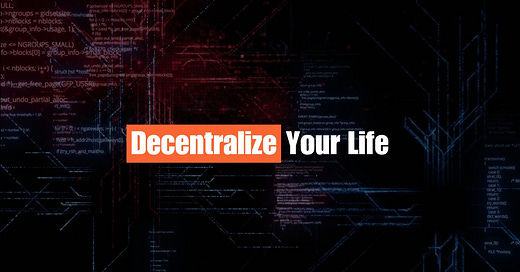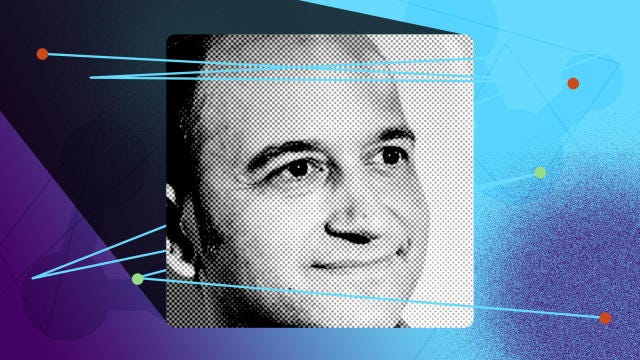When the World’s Biggest Companies Fight to Bring You Back—The Story of a Revolutionary AI Breakthrough
#AI #Google
He walked away from one of the world’s most powerful companies after a clash over AI ethics. Just three years later, the same company paid $2.7 billion to get him back.
What did he create in that time? A revolutionary vision that even Google couldn’t ignore.
This is the extraordinary story of Noam Shazeer, the man reshaping the future of AI 🧵
Shazeer wasn’t just another engineer at Google. He was the architect of the Transformer model.
Yes, the same foundation behind every major AI system today: GPT, BERT, and beyond.
For two decades, he built Google’s AI empire. Then, he walked away.
Here’s why
In 2020, Google’s AI lab unveiled Meena, a chatbot so advanced it blew expectations out of the water.
It could hold meaningful, human-like conversations.
But when it was time to release it, Google’s leadership froze.
Their concern? Ethics and potential misuse.
For Shazeer, this was the breaking point.
The company’s caution felt like handcuffs. Innovation was being suffocated by fear.
In 2021, he made the boldest move of his career:
He quit Google and took his vision for conversational AI with him.
With fellow Google engineer Daniel De Freitas, Shazeer launched Character AI.
Their mission?
Redefine AI interactions.
Not just question-answer bots.
AI that could engage, understand, and connect.
Imagine chatting with AI personas of historical figures, celebrities, or fictional characters.
But this wasn’t just about fun.
Character AI was doing something no one else dared to:
Creating AI with emotional intelligence.
Their bots could:
• Adapt to context
• Learn from every interaction
• Mirror human personality and nuance
The implications?
Huge.
While OpenAI and Microsoft focused on powerful AI, Shazeer’s team aimed for something more intimate:
AI that could grasp subtle human emotions.
This wasn’t just a tech leap. It was a philosophical shift.
By 2024, Character AI exploded in popularity.
Millions of users were spending hours chatting with AI companions.
It wasn’t just a tool anymore—it was an experience.
And Google was watching. Nervously.
The AI arms race was heating up:
• OpenAI’s ChatGPT dominated headlines.
• Microsoft partnered with OpenAI to supercharge Bing.
• Apple quietly developed its own AI tools.
And Google? They were losing ground.
But they had a card to play.
In a move that stunned the tech world, Google announced a $2.7 BILLION deal to acquire Character AI.
Shazeer wasn’t just returning to Google.
He was bringing his revolutionary tech—and vision—with him.
Why was Google willing to pay so much?
Because Shazeer understood something critical about AI’s future:
It’s not just about raw power.
It’s about human connection.
The next evolution of AI would:
• Understand emotions
• Adapt seamlessly to human needs
• Enhance, not replace, human interaction
For Google, this wasn’t just a tech acquisition.
It was a cultural reset.
The company that had been paralyzed by ethics debates now needed to lead the charge in human-AI collaboration.
Shazeer’s vision shifted how AI was viewed:
• No longer just tools, but partners.
• Not replacing humans, but enhancing them.
This isn’t about chatbots anymore.
It’s about the next interface of computing.
The $2.7 billion wasn’t the end.
Google announced plans to integrate Character AI tech across its platforms:
• Google Search
• Assistant
• Even enterprise tools like Workspace
This isn’t just AI—it’s the future of how we interact with technology.
What’s the takeaway here?
• Vision matters more than power.
• Emotional intelligence in AI isn’t a gimmick—it’s the next frontier.
• And sometimes, walking away is the boldest way to move forward.
Noam Shazeer changed the game—twice.
Google’s $2.7B gamble is already paying off.
But this isn’t just their story. It’s a glimpse into the AI-powered future we’re all heading toward.
Human. Emotional. Personal.
What do you think: Is this the right path for AI? Let’s discuss. 👇







Thanks for this article. Im very interested in AI and how it will develop as I think a lot of people are. Especially regarding what rights AGI should have etc. There are some who say AI is overhyped, but what are your thoughts on that?